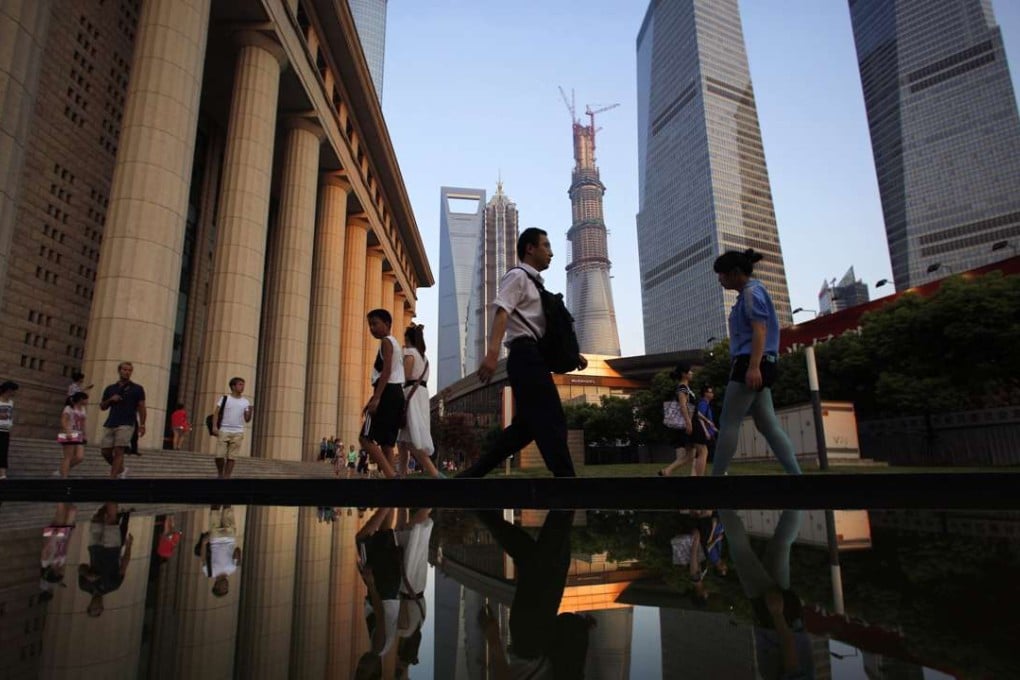China’s smaller companies face credit challenge as bond market funding dries up
Fund raising platform on the Shanghai Stock Exchange geared towards un-listed companies has not recorded a single debt deal this year

Small mainland Chinese companies, struggling to keep stay afloat amid the cooling economy, have suffered a setback as the high-yield corporate bond market on the Shanghai Stock Exchange appears to have swung shut with investors, spooked by fears of rising defaults, have shied away from the debt sales.
Not a single high-yield bond offering has transacted on the Shanghai Stock Exchange so far this year, a fundraising and trading platform slated for medium and small-sized unlisted firms.
Institutional investors, underwriters and companies said that the rising number of defaults on the country’s 14.3 trillion yuan bond (HK$17.03 trillion) market recently and expectations of a credit crisis have undermined the junk debt market.
“The door has been shut for those small firms,” said Shenwan Hongyuan Securities chief bond analyst Chen Kang. “It is unlikely that the fundraising platform could be reopened anytime soon.”
In mid-2012, the China Securities Regulatory Commission (CSRC) established the market at the Shanghai bourse, creating an alternative to banking loans for small- and medium-sized firms.
Companies are allowed to conduct sales of the high-yield debt through private offerings before the bonds are listed on the Shanghai exchange.